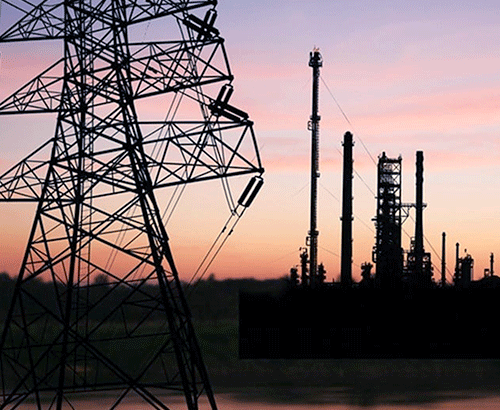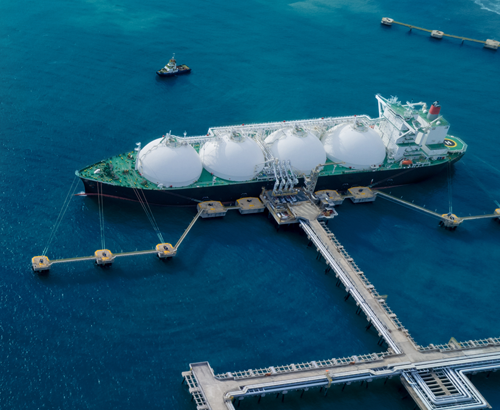Private Equity, Artificial Intelligence and the Built Environment

Artificial intelligence (AI) makes headlines daily, with the most recent coming as a group of industry leaders warned that it could one day threaten the existence of humans and should be considered a societal risk. While that dire outcome won’t happen this week, AI’s disruptive potential is well chronicled with a Goldman Sachs report saying it could impact 300 million full-time jobs across the world.
Recently, my colleague Cain Menard wrote a great piece about AI and how it can be deployed across the built environment to create competitive advantages. He makes the point that we need a measured approach to AI and that current versions lack the flexibility and adaptability of human intelligence since AI is designed to perform one task at a time and cannot easily shift between tasks. The critical thinking and physical requirements of the construction, maintenance and service sectors means most jobs and businesses will remain insulated from displacement from AI technology, unlike many other industries traditionally appealing to private equity.
A recent billboard posted on a construction site in Antwerp, Belgium, which has since gone viral, sums it up best. AI can’t physically construct a building. It can’t fix your roof. It can’t install flooring. While some point to robotics and other automation advances, the reality is that people will be needed for decades to come to construction.
This is good news for private equity investors since the risk of disruption from AI is likely to be low. PE firms can add value by helping companies implement technology that improves efficiencies and leveraging data to improve strategies. Construction and related sectors are notoriously slow to adapt to new technology due to lack of expertise and long project life cycles. The current industry structure with many private owners, high fragmentation and geographic specialization also hinders technology adoption.
Investors with technological expertise can quickly see returns from helping companies utilize new tools to make the industry more efficient and scalable. AI and machine learning companies saw $10.34 billion in investments from private equity and venture capital firms from the first of the year to May 14, according to research from S&P Global Market Intelligence. While this is down from 2021 highs, private equity can provide capital investments and execution expertise to deploy AI to further consolidate and professionalize construction and related sectors.
Besides improving construction operations, AI can help address labor shortages by helping improve productivity and automating menial tasks. Scheduling, estimating, safety monitoring, quality control and time management are all areas where AI can help improve operations and project delivery timelines.
Given the number of efficiencies and productivity enhancements that AI can make in the built environment, PE interest will increase. Yet, the overall industry is likely to remain much the same since companies will need workers on job sites to execute projects. Opportunities to leverage other investments, consolidate companies and produce greater efficiencies will be available to PE firms that understand the nuances of these markets and make strategic investments.



